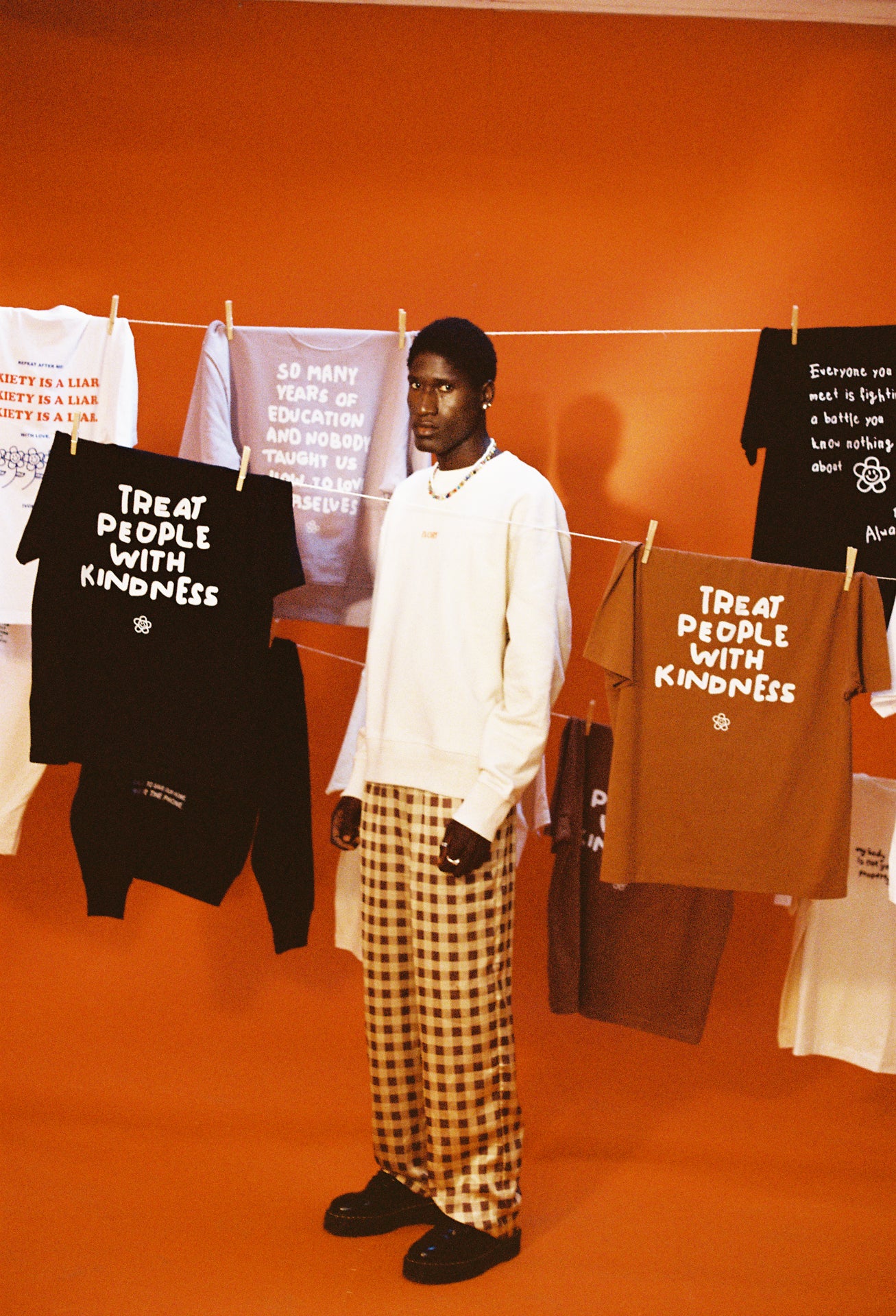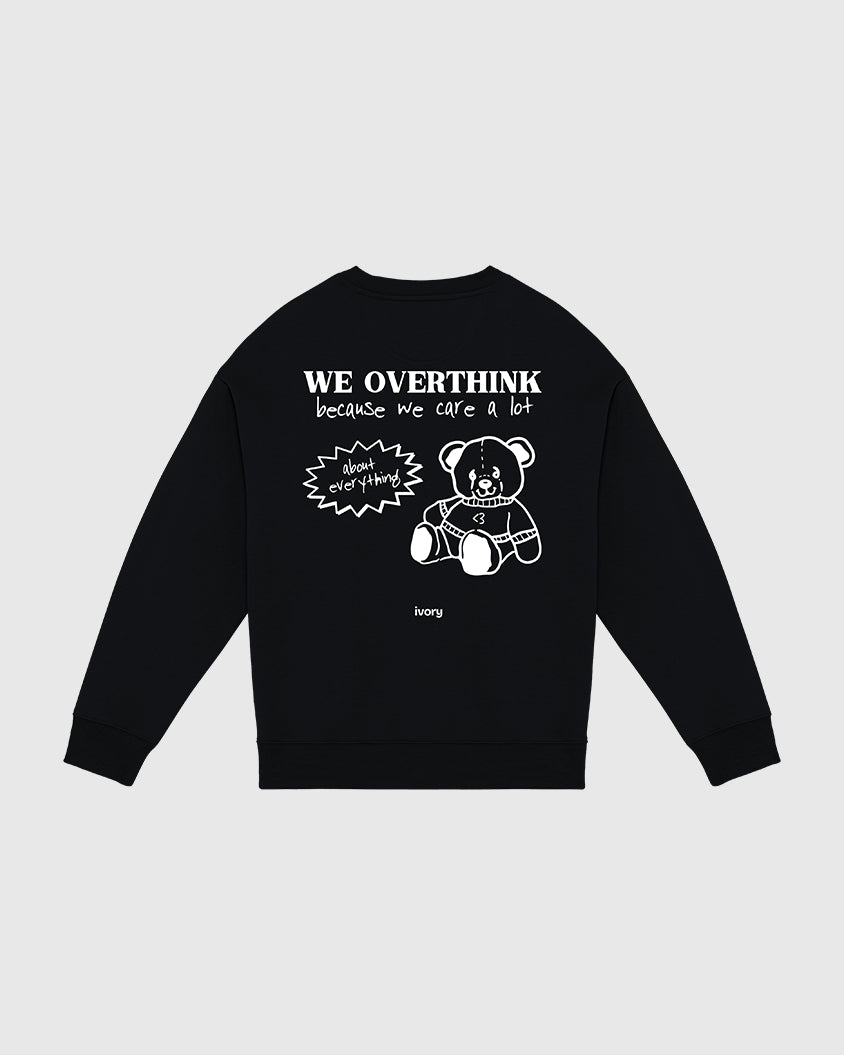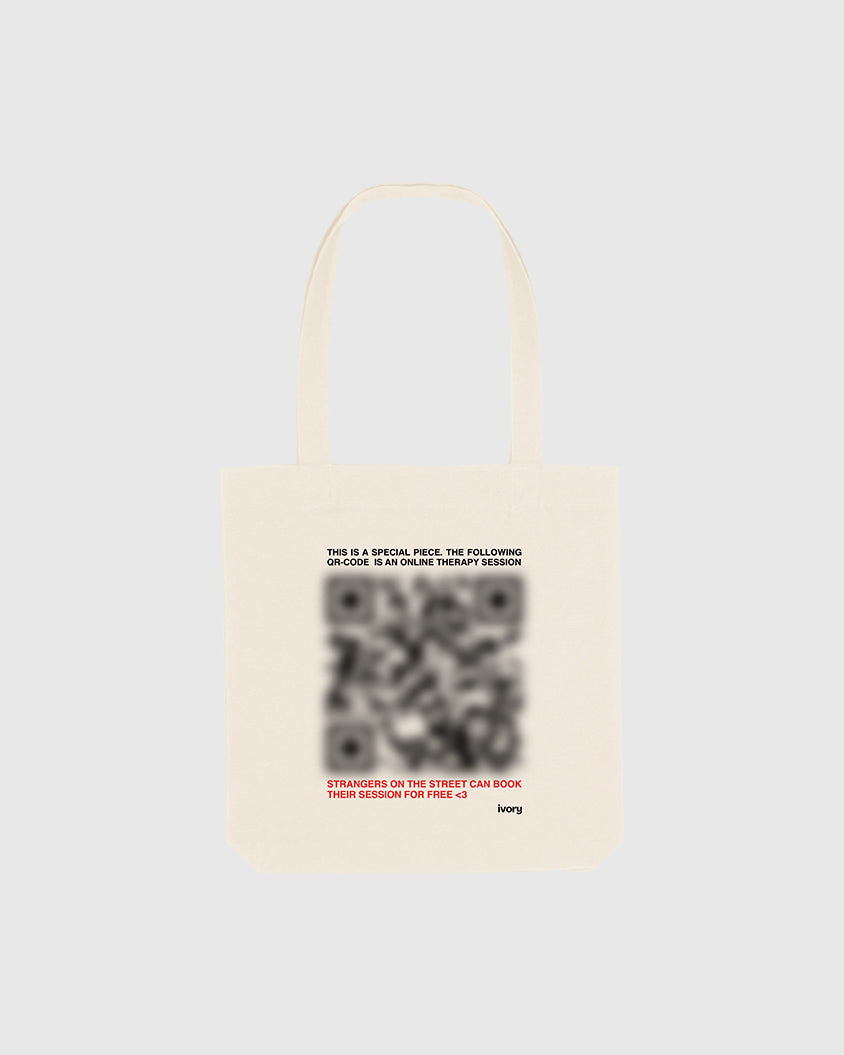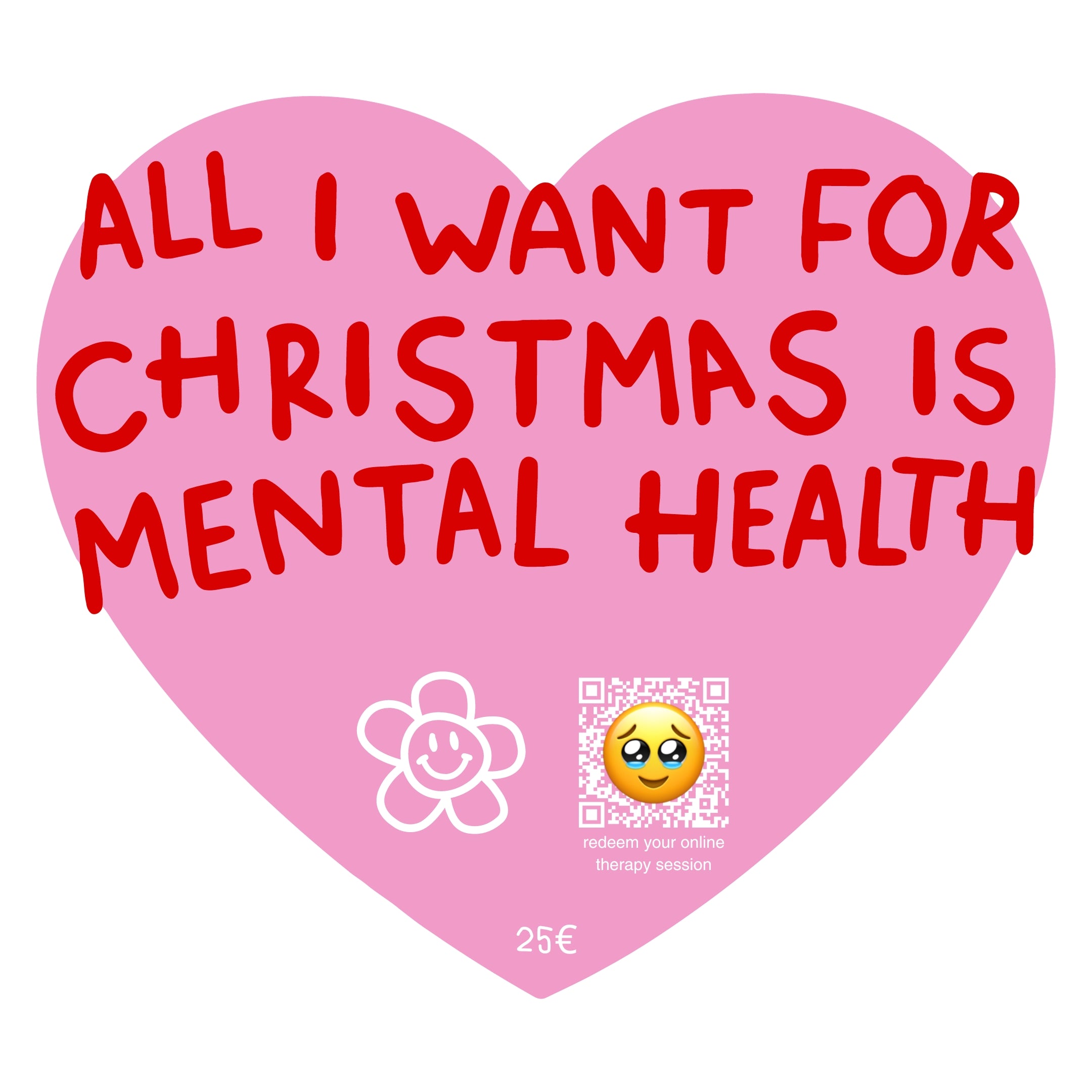Given such a complex and absolute term, we couldn't help but start with some reflections. What do we understand by cure? (1) Being cured of a disease means that it completely disappears and there is no chance of it returning(1). When faced with any diagnosis, one of our first questions is about the prognosis. In physical illness, these concepts are easy to understand. But what about mental disorders? There is something we must reflect on first: we want a cure for anxiety and depression, but do we see them as diseases? Depression and Anxiety - Inseparable Friends?
Depression and Anxiety – Inseparable Friends?
(2) In Portugal, the burden of mental health problems is the highest in the European Union. According to prevalence estimates from the Institute for Health Metrics and Evaluation at the University of Washington, more than 2 million people in Portugal suffered from a mental health disorder in 2019, representing 22% of the total population. Anxiety disorders were the most frequent, affecting about 9% of the population, followed by depressive disorders (6%) (2).
We can conclude that not only are we talking about serious diseases with significant population representation - which do not discriminate by age or socioeconomic factors - but they also (3) often go hand in hand, showing high levels of comorbidity(3).
In simpler terms, they are good friends, but not inseparable. Like any illness, both require diagnosis and treatment. For more information, we recommend the articles – What are some of the signs and symptoms of anxiety?

The short answer – yes. There is no cure for either, as it is impossible to ensure that those who have had them will not experience them again. However, there are different treatment options that can minimize their impact on daily life.
Now, let's separate these friends a bit...
(6)Depression is one of the mental illnesses with the best improvement and evolution rates with treatment. In fact, according to the American Psychiatric Association, 70% to 90% of people who undergo intervention show improvement in symptoms. Even in clinically severe cases, treatment can be effective, and the earlier it is started, the more efficient it proved to be. Complete remissions are even common; however, without treatment, the risk of recurrence is very significant (6).
But if the symptoms disappear, does that mean we are cured? At this point in the article, we hope you answer: no. Let's recap: (4) we cannot say it won't return, nor can we say it will certainly return, but there is a possibility of recurrence, for example, during significant life transitions (4). Therefore, it is preferable to use the term "remission" – asymptomatic.
There is also good news for anxiety, or rather, (5) for anxiety disorders, which are chronic problems(5). (7) It is possible to reduce or eliminate symptoms, but their return is equally possible in the face of threatening and/or distressing circumstances (7). To some extent, we cannot advocate for the extinction of anxiety. This is because, in the right amount, it protects us, motivates us, and drives us to action. It is, in fact, an intrinsic part of the human condition.
So, Who Are the Biggest Enemies of This Duo?
What is essential to take away from this article? The importance of treatment. We can talk similarly about (7) anxiety (7) and (8) depression (8) – psychological intervention is essential, and in more severe cases, combining it with psychotropic drugs can be crucial. (7) Psychological intervention or psychotherapy will help understand what triggered the vulnerabilities, explore pasts and relationships, recognize patterns of thought, emotions, and behaviors, and find new ways to manage them (7). Knowing ourselves and our triggers can help prevent future situations. Medication can relieve symptoms, which often allows for the exploration of a therapeutic process.(8) Pharmacological intervention has a short-term impact and supports the medium- and long-term work of therapy, with consistency and commitment(8).
(8)What type of psychotherapy should we choose? Cognitive-behavioral therapy is scientifically proven to be the most effective in reducing or eliminating symptoms. Psychoanalytic and psychodynamic therapies explore the roots of the problem, which, in the long run, can be a turning point or potentially a "cure” (8). (9) In fact, some say that the neutral, regular, indestructible, and welcoming presence of the psychologist and the autonomy it provides can be key in the intervention. And to tidy up, we often need to mess up first, meaning that to improve, the often-described feeling of 'getting worse' may be necessary. It will always be a process, a process that does not deal well with haste, and requires patience (9).
(10) Naturally, there are strategies that can be therapeutic alongside therapy – regular sleep patterns, balanced diet, regular physical exercise, avoiding psychoactive substances, strengthening support networks, setting work limits, and dedicating time to self-care and leisure (10). The indispensable? Talking, talking, talking! Talking about these diseases - knowing, learning, and recognizing - to reduce stigma and enhance intervention!

"Cure" can be a dangerous word, as there are no foolproof formulas for avoiding unwanted returns. However, this doesn't have to stop us from living a fulfilled and happy life.
How about you, what's your verdict?















